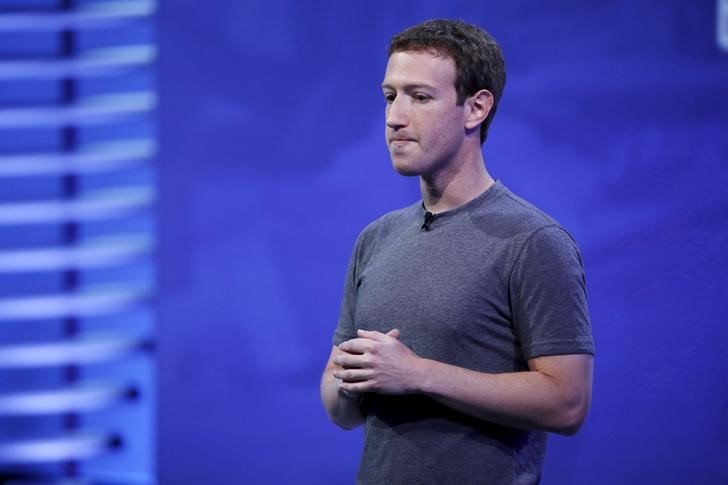Franchising, retail, business

26/05/2016
Mark Zuckerberg says that he believes in freedom of expression.
To prove it, he should ask Peter Thiel, who funded a legal campaign designed to drive Gawker Media out of business, to step down from Facebook's board of directors.
What Zuckerberg said
Earlier this month, an anonymous former Facebook employee accused Facebook of showing liberal bias in the story selection for its Trending news box.
The employee, a former journalist, told Gizmodo that stories about Mitt Romney, Rand Paul, and other conservative interests were kept out of that box, even though they were organically trending with readers.
Conservatives began to rumble about discrimination. It seemed a little disproportionate, as that Trending news box is in a tiny corner of the site — this wasn't about the News Feed that most Facebook users spend most of their time with.
But Facebook reacted quickly and aggressively.
It showed the world the guidelines that its human news curators were supposed to follow as they chose the stories to appear in that tiny box. It held a town hall with conservatives, during which they were encouraged to air their grievances. Glenn Beck, who attended, later criticized some at the meeting for acting like they wanted "affirmative action for conservatives."
Facebook's CEO, Mark Zuckerberg, defended the company in a Facebook post:
Facebook stands for giving everyone a voice. We believe the world is better when people from different backgrounds and with different ideas all have the power to share their thoughts and experiences. ... The reason I care so much about this is that it gets to the core of everything Facebook is and everything I want it to be. Every tool we build is designed to give more people a voice and bring our global community together.
It's not the first time Zuckerberg has defended freedom of expression. After terrorists attacked the offices of France's Charlie Hebdo magazine for publishing parody cartoons of the Prophet Muhammad, Zuckerberg wrote:
A few years ago, an extremist in Pakistan fought to have me sentenced to death because Facebook refused to ban content about Mohammed that offended him.
We stood up for this because different voices — even if they're sometimes offensive — can make the world a better and more interesting place.
What Thiel did
This week, Peter Thiel acknowledged that he's spent about $10 million funding various legal campaigns against the media organization Gawker, including one brought by former pro wrestler Hulk Hogan. Hogan was upset because Gawker published footage from a video tape of him having sex with a friend's then wife.
Thiel admitted this only after Forbes broke the story, even though Gawker founder Nick Denton — and others — had been speculating about Thiel's involvement for some time.
Thiel was partly upset about a 2007 article in Valleywag, a Gawker publication, about him being gay — the first article about his sexuality. He told The New York Times that similar articles about his friends and others that "ruined lives for no reason" inspired the suit.
Gawker, in its response on Thursday, also suggested that Thiel was upset about Valleywag's general attitude toward Silicon Valley and innovation, which skewed toward criticism — or at least skepticism — rather than cheerleading.
Whatever the reason, Thiel did what he did, and now Gawker is facing a $140 million verdict for violating Hogan's privacy.
Why it matters
Thiel wasn't doing anything illegal. The law in the US is very favorable toward free speech, no matter who's funding that speech or how much money they're spending.
Gawker has written a lot of nasty, personal stories about people over the years. Denton admitted on Thursday in an open letter to Thiel that the publication has sometimes "overstepped the line" and swung into "snark." The courts are hearing a number of cases against Gawker, and it might lose one or more of them on appeal.
But spending years looking for people who have potential grievances against a publication, then secretly funding their lawsuits, is not consistent with the principles of free expression.
Either you're for free expression, or you're kind of for it. And if you're kind of for it, then you're not really for it at all.
Zuckerberg says he's for it. Now's the time to prove it.
Fonte:http://uk.businessinsider.com/mark-zuckerberg-should-fire-peter-thiel-2016-51